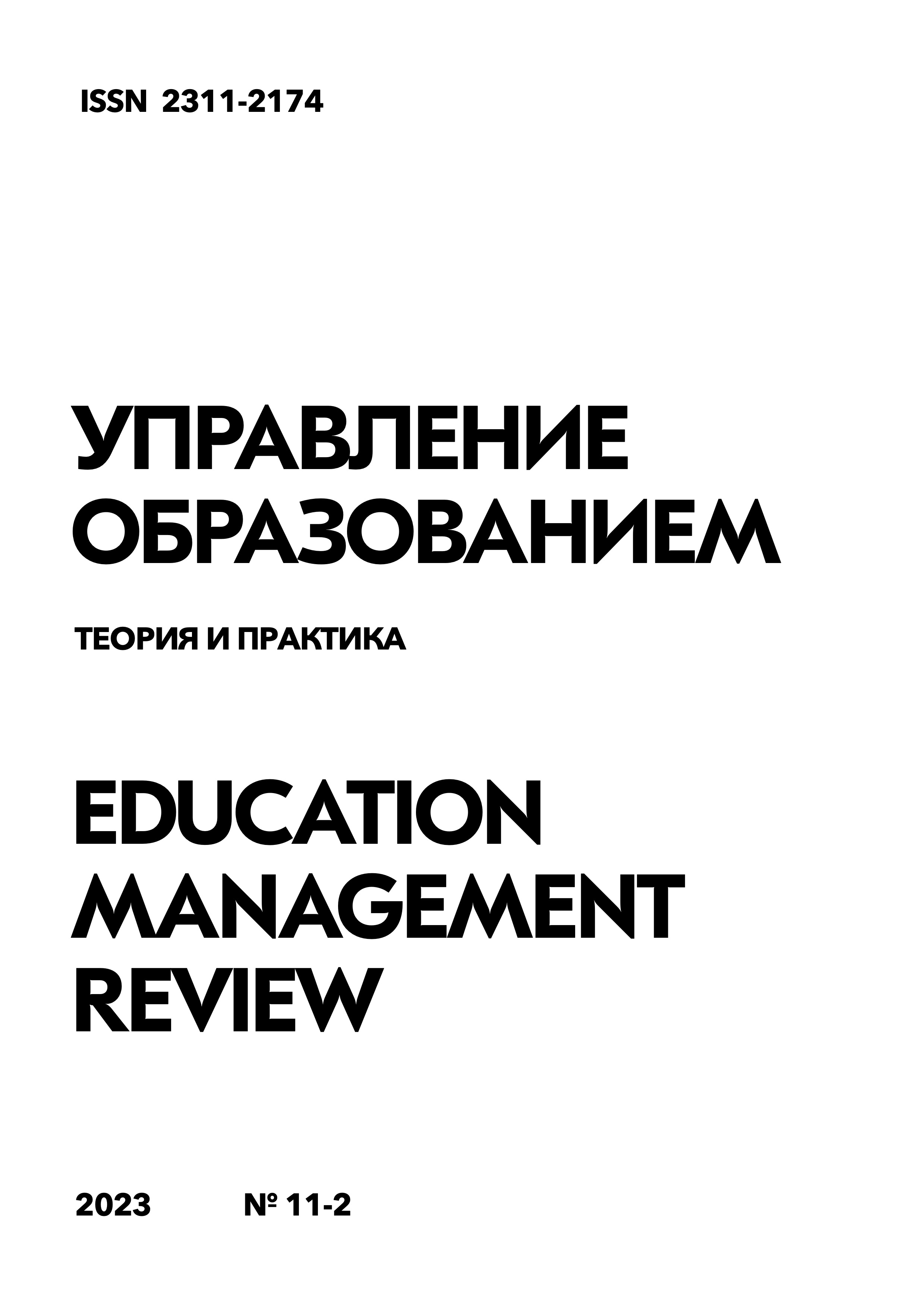Text analysis of digital traces in social networks to assess the opinion of the population (using the example of the school education system in the Republic of Sakha (Yakutia))
DOI:
https://doi.org/10.25726/l7723-3062-4020-rKeywords:
quality of education, school, social networks, keywords, relevant messages, sentiment of messages, text analysis, BigDataAbstract
The old article presents the results of a study of the subjective opinion of the population about the quality of education in the Republic of Sakha (Yakutia). This study was conducted based on methods of textual analysis of social network content (digital traces) using BigData and the PolyAnalyst information and analytical system. The study involved collecting data on social networks (posts and comments relevant to the purpose of the study), preprocessing the data (cleaning up junk messages) and directly analyzing it. During the analysis phase, messages were categorized. The category “school” was identified as the largest category. In all categories, including the one under consideration, keywords corresponding to the main stories were identified, the sentiment of messages was assessed, and statistical analysis was carried out. As a result, problematic and relevant, from the point of view of the population, issues of the school education system were identified and their assessment was given. Resonant events are those that manifest an unfavorable psychological climate in educational institutions. This problem is also relevant in school education. Events related to social activity in schools, money collections, as well as problems with admission to schools, including national ones, are also assessed.
References
Ананян А.М., Сазонов Д.С., Слынько Ю.Н., Соломатин Е.Б. Аналитическая платформа PolyAnalyst. Горячая Линия-Телеком. 2023. 232 с.
Дуранчева О.Н. Теория и методика изучения качества школьного образования // Державинский форум. 2020. Т. 4. № 13. С. 65-70.
Егорова К.Б., Захарова В.А. Ситуационный анализ использования внешней оценки качества образования как фактора повышения конкурентоспособности школы // Вестник Вятского государственного университета. 2019. № 4 (134). С. 67–75.
Журавлева Е.Ю. Социология в сетевой среде: к цифровым социальным исследованиям // Социологические исследования. 2015. № 8. С. 25-33.
Информационно-аналитическая система PolyAnalyst: URL: https://www.megaputer.ru
Парфенов В.Г. Социальные ожидания населения регионов России по повышению качества жизни как условие развития связей с общественностью органов государственного и муниципального управления // Мир науки. 2013. №4. С. 1-9.
Паспорт федерального проекта Цифровые технологии (утв. президиумом Правительственной комиссии по цифровому развитию, использованию информационных технологий для улучшения качества жизни и условий ведения предпринимательской деятельности (протокол от 28 мая 2019 г. N 9))
Романова Е.В., Калаврий Т.Ю. Анализ реакции студентов на изменение финансового положения в период пандемии по цифровым следам в социальной сети ВКонтакте // Вестник Северо-Восточного федерального университета им. М.К. Аммосова. Серия: Экономика. Социология. Культурология. 2021. № 4 (24). С. 54-64.
Саввинов В.М. Современные образовательные ландшафты Якутии // Письма в Эмиссия. Оффлайн (The Emissia. Offline Letters): электронный научный журнал. 2022. №6. ART 3077. URL: http://emissia.org/offline/2022/3077.htm
Фирсова Н.В., Чекрыгин М.А. Применение инструментов системы менеджмента качества в системе школьного образования: качество образования - качество жизни // Бизнес-образование в экономике знаний. 2021. С. 64-68.

